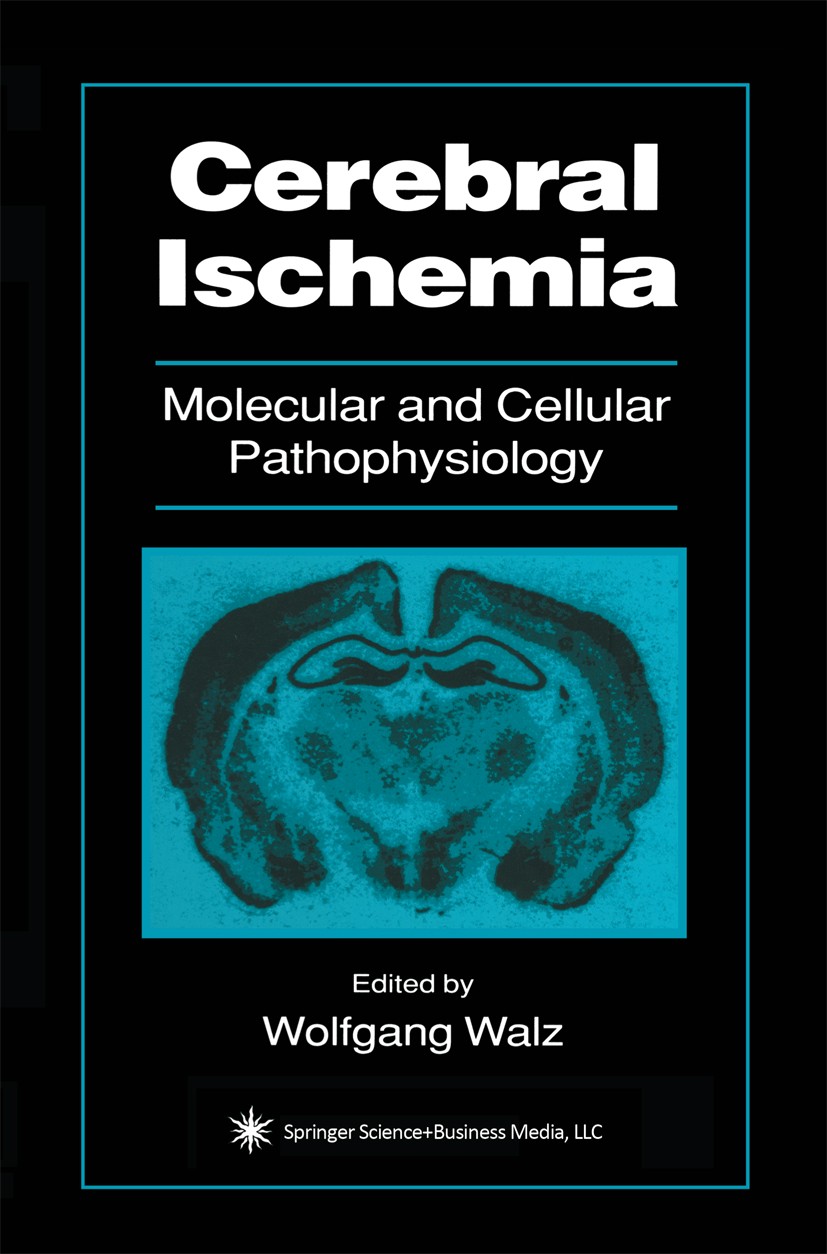| 书目名称 | Cerebral Ischemia | | 副标题 | Molecular and Cellul | | 编辑 | Wolfgang Walz | | 视频video | http://file.papertrans.cn/224/223303/223303.mp4 | | 丛书名称 | Contemporary Neuroscience | | 图书封面 |  | | 描述 | The human brain represents about 2% of the body weight, yet it accounts for approximately 20% of aerobic metabolism. This high dependency on energy-consuming processes is mainly caused by the active transport of ions, which is necessary to compensate for the transmembrane ion currents that are part ofthe complex signaling processes in the brain. Ninety-five percent ofthe brain‘s ATP is derived from mitochondrial oxidative phosphorylation. Since that organ‘ s storage capacity for oxygen is minimal, any interruption of oxygen delivery to brain cells willlead to changes in membrane excitability and, there fore, to disruption of neuronal signaling within seconds. It seems that mamma lian brain is especially vulnerable to such an interruption, since oxygen deprivation leads to activation of ion channel mechanisms in neurons that impair their communications. Thus, the function of the brain as a coordinator of vital homeostatic reflexes, and complex body reactions to external challenges, depends critically on the rate of oxygen delivery and oxygen consumption. Oxygen delivery depends on two variables described in the Fick relation ship: volume flow rate ofblood and the arterial oxygen | | 出版日期 | Book 1999 | | 关键词 | brain; brain injury; cell; cerebral ischemia; depression; pathophysiology; physiology | | 版次 | 1 | | doi | https://doi.org/10.1007/978-1-59259-479-5 | | isbn_softcover | 978-1-4757-4735-5 | | isbn_ebook | 978-1-59259-479-5 | | copyright | Springer Science+Business Media New York 1999 |
The information of publication is updating

|
|
 |Archiver|手机版|小黑屋|
派博传思国际
( 京公网安备110108008328)
GMT+8, 2026-1-23 13:48
|Archiver|手机版|小黑屋|
派博传思国际
( 京公网安备110108008328)
GMT+8, 2026-1-23 13:48


